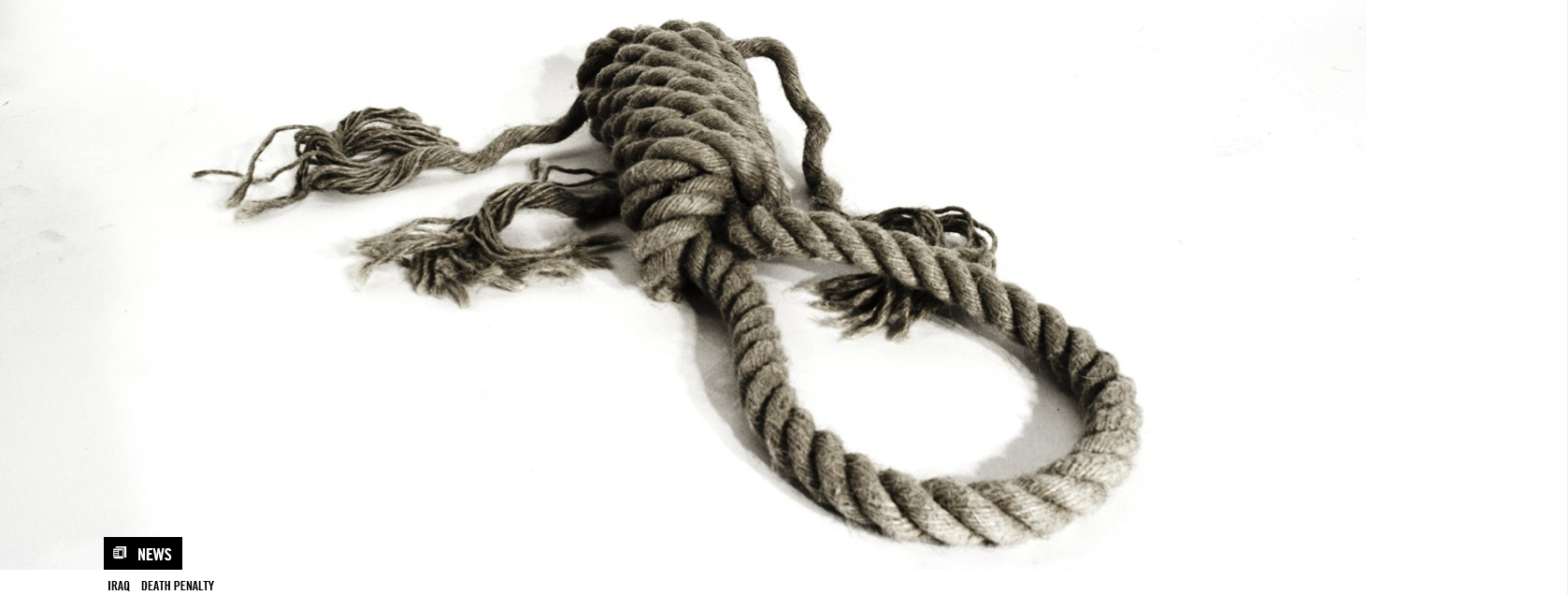The Iranian authorities must urgently stop the execution of a 17-year-old boy who was convicted of murder and rape, and commute his death sentence to imprisonment, said Amnesty International.
Amirhossein Pourjafar is scheduled to be executed in a prison in Tehran on 19 October 2017. He was detained in April 2016 and sentenced to death six months later after being convicted of the rape and murder of a seven-year-old girl, Setayesh Ghoreyshi, from Iran’s marginalized Afghan community.
“There is no question that this was a horrific crime and the perpetrator should be held accountable. Amnesty International supports the demands for justice voiced by Setayesh’s bereaved family and the wider Afghan community in Iran, but executing a 17-year-old boy is not justice,” said Magdalena Mughrabi, Deputy Middle East and North Africa Director at Amnesty International.
“The use of the death penalty against people convicted of crimes committed while they were under 18 is absolutely prohibited by international human rights law. If Iran goes ahead with the execution next week it will be another appalling breach of its international obligations.”
In its final verdict the court said that the death sentence against Amirhossein Pourjafar was issued after taking into account “societal expectations and public opinion”.
“The authorities’ rush to send a child to the gallows in order to placate public anger is short-sighted and misguided. The death penalty is a cruel, inhuman and irreversible punishment and there is no evidence that it has a greater deterrent effect than imprisonment. Using it as a means to exact revenge only compounds its brutal effects on society,” said Magdalena Mughrabi.
This execution was scheduled just two months after the head of Iran’s judiciary, Ayatollah Sadeq Larijani, repeated Iran’s untruthful claims that it does not execute minors.
In reality, Amnesty International has recorded the execution of 85 juvenile offenders in Iran between 2005 and 2017, including four in 2015, two in 2016, and four so far this year. The organization has also identified 92 individuals who are currently on death row for crimes committed when they were children.
Amirhossein Pourjafar was sentenced to death in September 2016 after a criminal court in Tehran concluded that he had attained “mental maturity” at the time of the crime and understood the nature and consequences of his actions. In reaching its conclusion, the court cited opinions from Iran’s state forensic institute attesting to his “mental sanity” as well as evidence they say pointed to his efforts to conceal the crime.
Outrageously, the court claimed that its reasoning was in line with the UN Convention on the Rights of the Child, to which Iran is a state party. However, the Convention on the Rights of the Child is unequivocal in its absolute prohibition on the use of the death penalty for crimes committed by people below 18 years of age.
It is well-established in the principles of juvenile justice that individuals under 18 years of age are categorically less mature and culpable, and should never, therefore, face the same penalties as adults.
“Instead of resorting to case-by-case ‘maturity’ assessments, which are by their very nature flawed and arbitrary, the Iranian authorities must comply with their international obligations toward children and end the use of the death penalty against all juvenile offenders immediately,” said Magdalena Mughrabi.
Background:
In September 2016, Branch 7 of Criminal Court No 1 in Tehran handed Amirhossein Pourjafar two death sentences, one for murder in accordance with the Islamic principle of “retribution-in-kind” (qesas) and another for rape. He was also sentenced to 74 lashes for mutilating the corpse. The Supreme Court upheld both death sentences in January 2017.
Amnesty International opposes the death penalty in all cases without exception regardless of the nature of the crime, the characteristics of the offender, or the method used by the state to kill the prisoner. The death penalty is a violation of the right to life and the ultimate cruel, inhuman and degrading punishment.
For more information please contact: Elizabeth Berton-Hunter, Media Relations 416-363-9933 ext 332 bberton-hunter@amnesty.ca






















